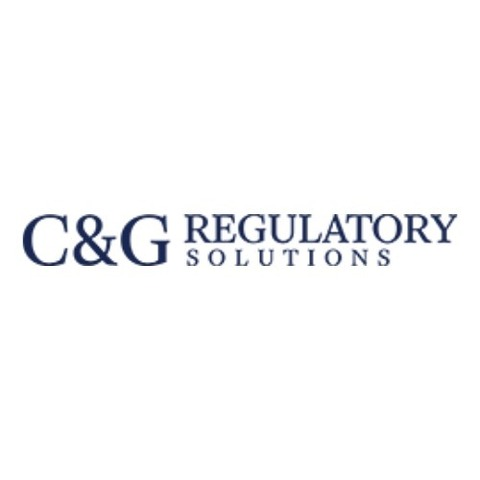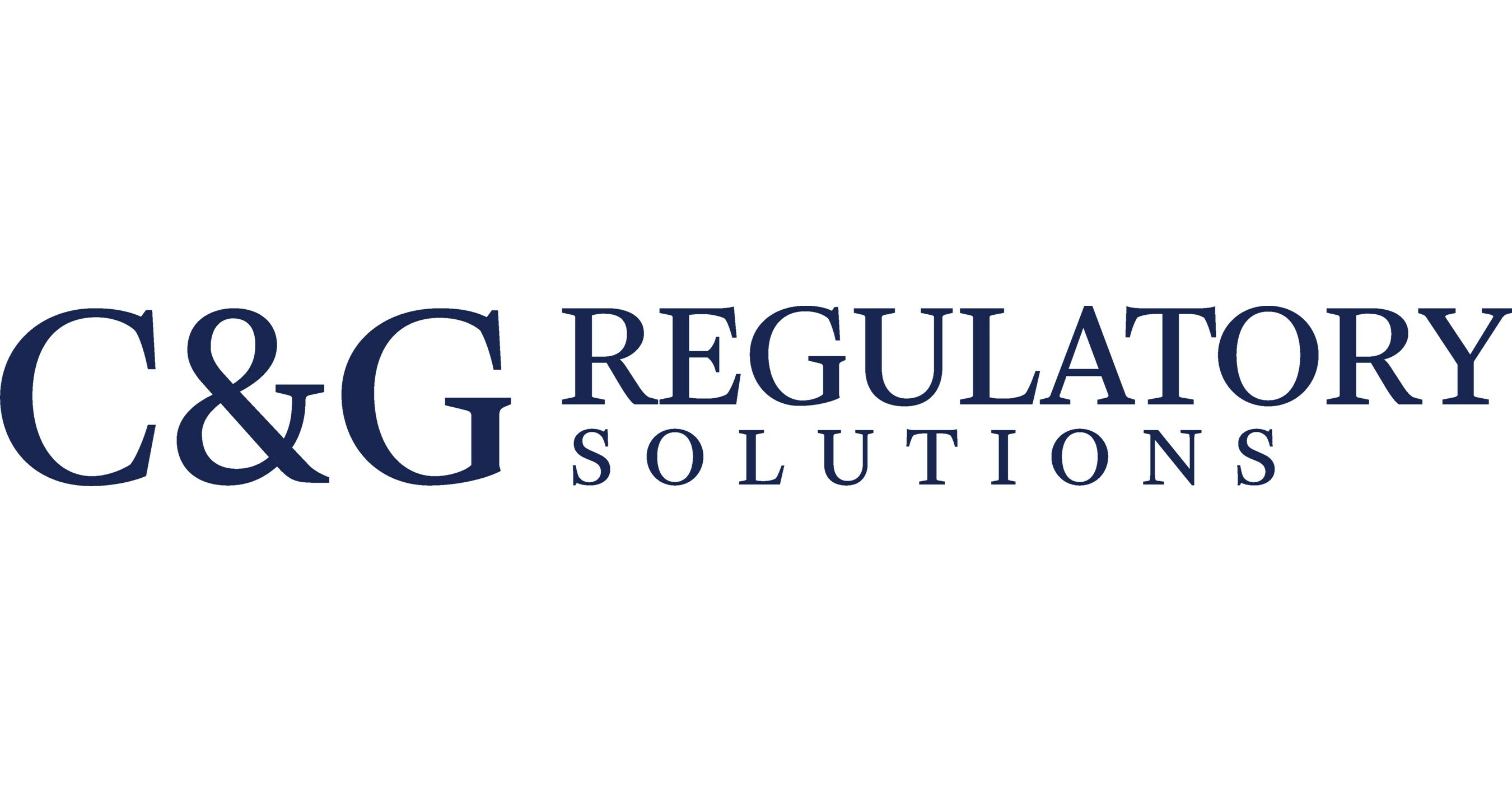Sponsor
What Are Regulatory Compliance Services and Why Are They Important?

Regulatory compliance services are crucial for businesses operating in various industries to ensure adherence to laws, regulations, and standards set forth by governing bodies. These services encompass a range of activities aimed at mitigating risks, maintaining ethical standards, and safeguarding the interests of stakeholders.
Regulatory Compliance Services
Regulatory compliance services encompass strategies, processes, and technologies implemented by organizations to adhere to legal and regulatory requirements relevant to their industry. In today's complex business environment, where laws and regulations are constantly evolving, compliance has become a top priority for companies seeking to avoid legal penalties, financial losses, and reputational damage. These services provide a framework for businesses to operate ethically and responsibly while mitigating the risks associated with non-compliance.
Types of Regulatory Compliance Services
Financial Compliance
Financial regulatory compliance services involve adhering to laws and regulations governing financial transactions, reporting, and disclosure. This includes compliance with securities regulations, anti-money laundering laws, and tax requirements.
Healthcare Compliance
Healthcare regulatory compliance focuses on ensuring adherence to laws and regulations governing patient privacy, billing practices, and quality of care. This includes compliance with HIPAA (Health Insurance Portability and Accountability Act) regulations and FDA (Food and Drug Administration) requirements.

Benefits of Regulatory Compliance Services
Legal Protection
Compliance with regulatory requirements helps organizations mitigate legal risks, avoid fines and penalties, and maintain their license to operate.
Reputation Management
By demonstrating a commitment to compliance, companies enhance their reputation, build trust with customers, and differentiate themselves from competitors.
Operational Efficiency
Effective compliance programs streamline processes, reduce errors, and improve operational efficiency, leading to cost savings and increased productivity.
Key Components of Regulatory Compliance Services
Risk Assessment
Identifying and assessing potential compliance risks enables organizations to prioritize resources and develop targeted mitigation strategies.
Policy Development
Developing comprehensive policies and procedures ensures clarity and consistency in compliance efforts across the organization.
Training and Education
Providing ongoing training and education to employees ensures awareness of regulatory requirements and fosters a culture of compliance.
Challenges in Regulatory Compliance
Changing Regulations
Keeping pace with rapidly evolving regulations poses a significant challenge for organizations, requiring continuous monitoring and adaptation.
Compliance Fatigue
Overwhelming regulatory requirements can lead to compliance fatigue among employees, reducing the effectiveness of compliance programs.
Resource Constraints
Limited resources, both financial and human, can impede organizations' ability to implement robust compliance measures.
Choosing the Right Regulatory Compliance Services
Industry-Specific Expertise
Selecting a provider with industry-specific expertise ensures tailored solutions that address the unique compliance requirements of the organization.
Compliance Monitoring Tools
Leveraging technology solutions for compliance monitoring and reporting enhances visibility and control over compliance activities.
Scalability and Flexibility
Choosing services that can scale with the organization's growth and adapt to changing regulatory requirements ensures long-term compliance success.
Future Trends in Regulatory Compliance
Technology Integration
The integration of advanced technologies such as AI and blockchain is expected to revolutionize compliance monitoring and enforcement efforts.
Global Harmonization
Increased collaboration among regulatory authorities worldwide aims to harmonize standards and streamline compliance requirements for multinational companies.
Predictive Analytics
The use of predictive analytics tools enables organizations to anticipate compliance risks and proactively implement preventive measures.

Conclusion
Regulatory compliance services play a vital role in helping organizations navigate the complex regulatory landscape, mitigate risks, and maintain ethical standards. By investing in comprehensive compliance programs, companies can protect themselves from legal and financial liabilities while enhancing their reputation and operational efficiency.
FAQs
What industries require regulatory compliance services?
Regulatory compliance services are essential for industries such as finance, healthcare, pharmaceuticals, and manufacturing, among others.
How often should compliance programs be reviewed and updated?
Compliance programs should be reviewed regularly to ensure alignment with changing regulations and business needs.
Can small businesses benefit from regulatory compliance services?
Yes, small businesses can benefit from compliance services tailored to their specific industry and size, helping them navigate regulatory requirements effectively.
Are there penalties for non-compliance with regulatory requirements?
Yes, non-compliance can result in fines, legal sanctions, reputational damage, and even suspension of business operations in severe cases.
What role does technology play in regulatory compliance?
Technology solutions such as compliance management software, data analytics, and automation tools help streamline compliance processes and enhance effectiveness.
Categorieën
Read More
Finding the right Junk removal service can make all the difference when it comes to keeping your home, office, or property clutter-free. Piled-up furniture, broken appliances, yard debris, or renovation waste not only take up valuable space but also cause unnecessary stress. That’s where professional junk haulers come in to simplify your life. If you’re in Tennessee and searching...

CBD, eller cannabidiol, er dukket op som en fremtrædende naturlig løsning med et væld af sundhedsmæssige fordele. Efterhånden som både forskning og forbrugerengagement udvides, vokser sortimentet af CBD-produkter på markedet også. Blandt disse udmærker Natures Garden CBD sig gennem deres overlegne kvalitet, bekvemmelighed og effektivitet....



